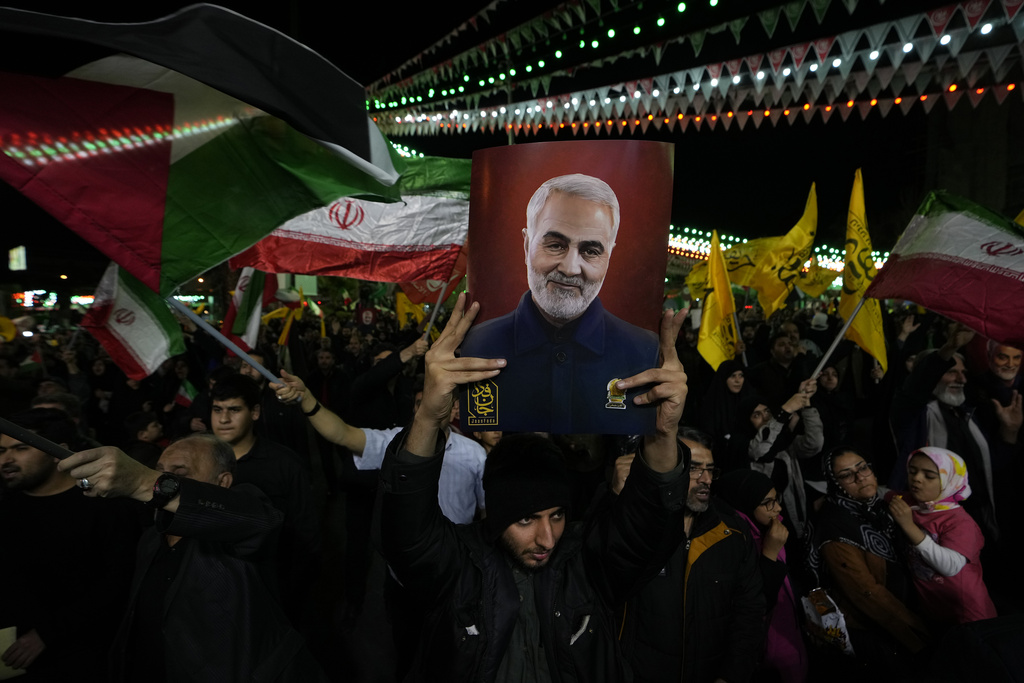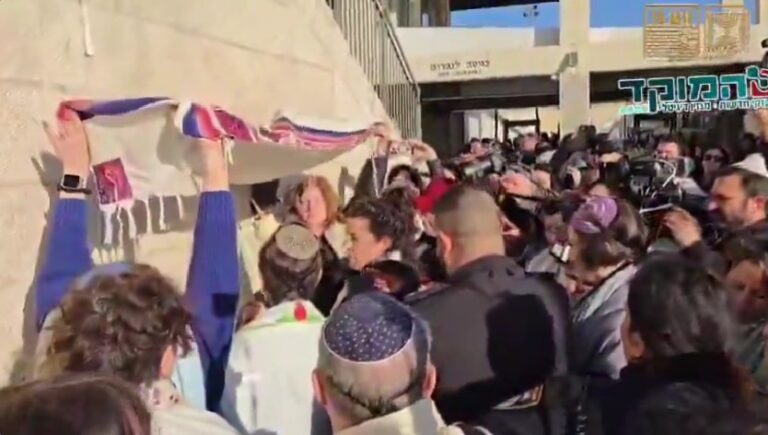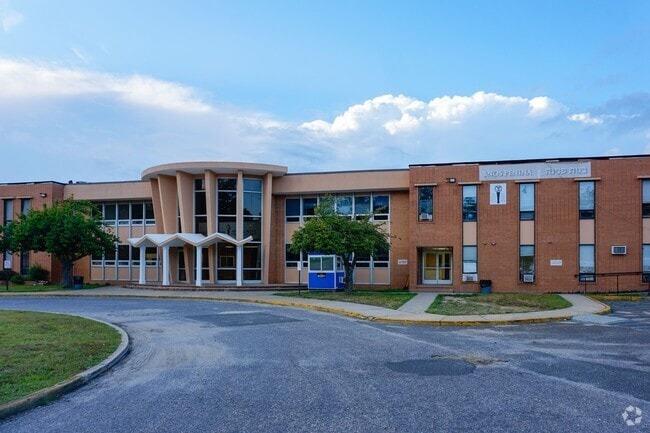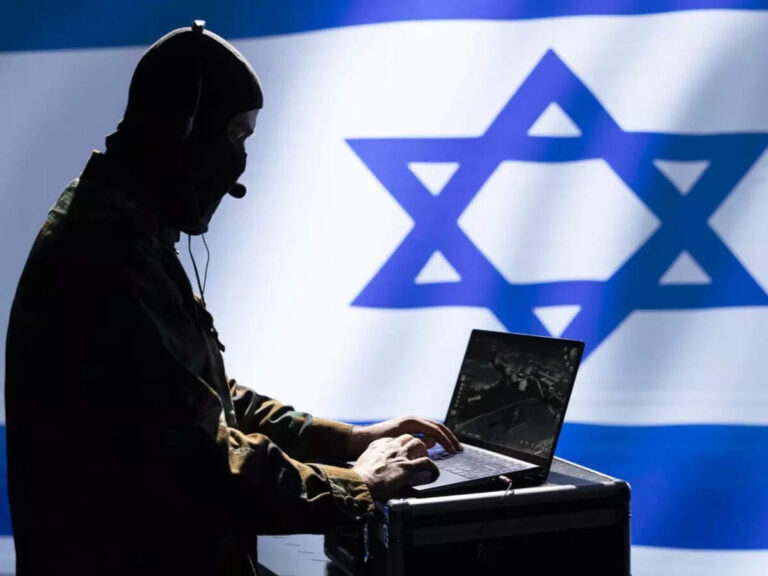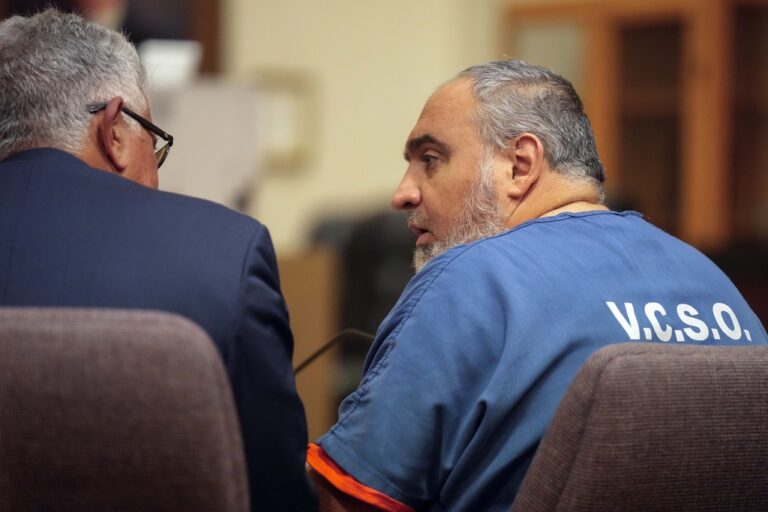Iran and one of its key proxies vowed Tuesday to respond to a strike widely attributed to Israel that demolished Iran’s consulate in the Syrian capital of Damascus and killed eight people, including two Iranian generals.
Iran’s state TV reported Tuesday that the country’s Supreme National Security Council, a key decision-making body, met late Monday and decided on a “required” response to the strike. The report said the meeting was chaired by President Ebrahim Raisi, but provided no further details.
Israel has repeatedly targeted military officials from Iran, which supports militant groups fighting Israel in Gaza, and along its border with Lebanon. Monday’s strike in Damascus signaled an escalation because it struck an Iranian diplomatic mission.
It was not clear if Iran would respond itself, risking a dangerous confrontation with Israel and its ally the United States, or if it would continue to rely on proxies, including Lebanon’s Hezbollah militia and Yemen’s Houthi rebels.
The airstrike in Syria killed Gen. Mohammad Reza Zahedi, who led the elite Quds Force in Lebanon and Syria until 2016, according to Iran’s Revolutionary Guard. It also killed Zahedi’s deputy, Gen. Mohammad Hadi Hajriahimi, and five other officers.
Hezbollah said Tuesday that Zahedi played a crucial role in helping “develop and advance the work” of the group in Lebanon.
A Hezbollah member was also killed in Monday’s strike, bringing the overall death toll to eight. Hezbollah announced the death of Hussein Youssef on Tuesday, but did not provide further details.
“This crime will certainly not pass without the enemy receiving punishment and revenge,” Hezbollah said in a statement.
Since the outbreak of the war in Gaza nearly six months ago, those proxies have stepped up attacks, leading to near daily cross-border exchanges between Hezbollah and Israel, and frequent Houthi attacks on Red Sea shipping. Hamas, which rules Gaza and attacked Israel on Oct. 7, is also backed by Iran.
Israel, which rarely acknowledges strikes against Iranian targets, said it had no comment on the latest attack in Syria, although a military spokesman blamed Iran for a drone attack early Monday against a naval base in southern Israel.
Israel has grown increasingly impatient with the daily exchanges of fire with Hezbollah, which have escalated in recent days, and warned of the possibility of a full-fledged war. Houthi rebels have also been launching long-range missiles toward Israel, including on Monday.
Iran’s official news agency IRNA said Tuesday that Iran relayed an important message to the United States late Monday and that it called for a meeting of the U.N. Security Council. The message to Washington was delivered through a Swiss envoy in Tehran; Switzerland looks after U.S. interests in Iran.
IRNA said Iran holds the United States, Israel’s closest ally, responsible for the strike.
Meanwhile amid ongoing tensions in the Red Sea, the U.S. Central Command said early Tuesday that its forces had destroyed a Houthi unmanned surface vessel the previous day.
CENTCOM said the vessel posed “a threat to U.S. and coalition forces and merchant vessels in the region.”
(AP)

